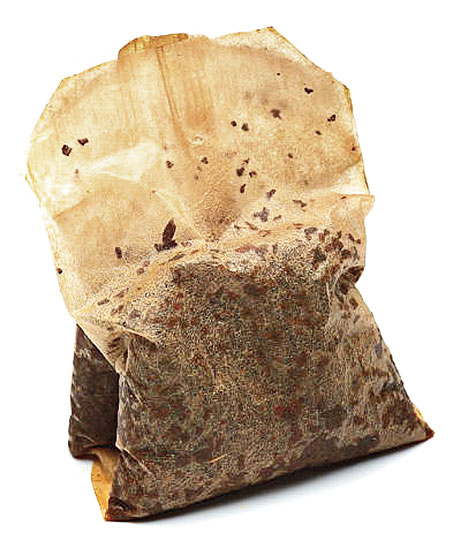
These are seven diet tips that may not be doing us that much good, says www.livestrong.com.
1 Juices:
Juices are viewed as natural sources of vitamin C, but they can be surprisingly high in calories, reminds the website. A 475-ml juice can contain 250 to 300 calories. So don’t drink juices, eat the fruits, which have fibre and make us
feel fuller. Drink water, even tea or coffee instead of juices.
2 Smaller Meals:
Eating several smaller meals may actually keep you hungry and make you eat more. Constant eating may even shoot your blood glucose up. If you feel smaller meals are not helping you, switch to regular meals but keep an eye on what you eat and keep the portions small.
3 Gluten-free:
There’s actually no evidence to suggest that a gluten-free diet will help you to reduce weight, says the website. The diet may contribute to weight gain because many gluten-free foods are higher in calories, fat, sodium and sugar. So reduce food with added sugars and eat whole grains.
4 Small Breakfast:
Eating a small breakfast and cutting calories in the morning means you’ll eat more later. Besides, your metabolism
works better earlier in the day. Start with a good breakfast, and keep reducing the size of your meals through the day.
5 Organic Foods:
Organic food may be healthier, but they still contain calories. Added organic sugar is still added sugar. Such food, too,
should be had in moderation.
6 Only Protein:
Protein is filling, can lift the metabolism a bit and helps to retain muscle mass. But too much protein will lead to weight gain. Too much animal protein has been linked by some to certain types of cancer. Choose plant-based proteins. Keep your protein intake within 120 grams, preferably divided into three servings.
7 “Healthy” Fats:
Fat is fat, healthy or not. Olive oil or almond butter, fat contains a high amount of calories. Have food that contains unsaturated fats, as fat is essential, but keep the quantity in check.










